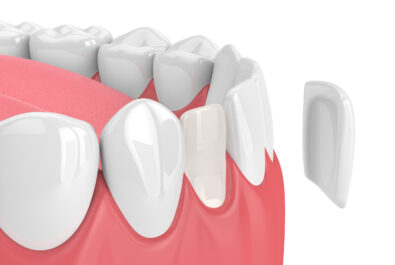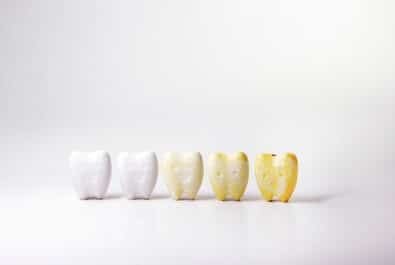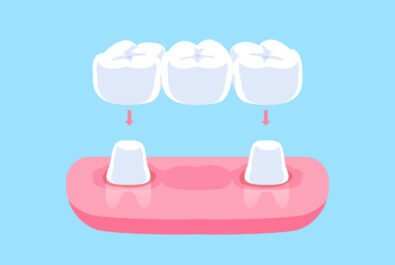According to the 2010 Diabetes Report Card issued by the Centers for Disease Control, 8.9% of all adults in California have been diagnosed with diabetes. Another 8% will be diagnosed with prediabetes (the precursor to diabetes) over the next year. In addition to a slew of systemic health problems, diabetes can also lead to poor oral health and is a significant risk factor for permanent tooth loss. Today, we’re examining exactly how diabetes damages the health of your teeth and gums and offering suggestions for maintaining a healthy smile despite this life-altering disease.
Diabetes’ Impact of Oral Health
The connection between blood sugar and cavities may seem both surprising and completely logical at the same time. After all, since childhood most of us have been told time and time again that too much sugar will rot our teeth. In fact, high blood sugar provides a steady food supply for oral bacteria, especially S. mutans, the strain of bacteria responsible for causing tooth decay. When S. mutans bacteria digest sugar — even sugar made available through the blood stream — they secrete an acidic by-product that eats away at tooth enamel and leads directly to tooth decay and cavities.
Diabetes and gum disease have a destructive, almost circular relationship. According to the American Academy of Periodontology, having diabetes makes a person far more likely to suffer from gum disease, also called periodontitis. Gum disease, on the other hand, can make blood sugar harder to control which can exacerbate complications of diabetes. In addition, diabetes can hinder proper circulation, increasing the risk of and decreasing resistance to gum disease infection.
The Role of a Diabetic’s Lifestyle
Many people living with diabetes follow healthy lifestyle guidelines meant to control blood sugar levels and promote better overall health. However, researchers have identified two lifestyle factors common to many diabetics that lead to an increased risk for diabetes-related tooth loss:
- Smoking. Use of cigarettes can both contribute to the development of diabetes and exacerbate diabetes related oral health issues. Smokers have poor healing ability, meaning that a diabetic smoker is at double the risk for gum disease and inflammation.
- Poor diet. As with smoking, a diet high in added sugar and refined carbohydrates (such as white flour) can contribute to the development of diabetes as well as make existing diabetes symptoms worse. In addition, excess dietary sugar contributes directly to poorer oral health.
Three Ways to Keep Your Teeth Despite Diabetes
- Follow the American Dental Association’s recommendation that you brush your teeth two times a day for two minutes per session. Floss once per day, preferably before bedtime, to remove particles of food and sugar trapped between your teeth.
- In addition, schedule regular checkups and cleanings with your dentist. Patients with significant oral health problems may need to increase the frequency of their dental checkups and cleanings.
- Finally, eating a healthy diet, getting regular exercise, and controlling your blood sugar levels will set the stage for improved oral health.
About Shawn Hofkes, DDS
With advanced training in oral and maxillofacial surgery and certification in oral and IV sedation, Shawn Hofkes, DDS provides a complete range of solutions for missing teeth, including dental bridges and dental implants from our state-of-the-art dentist office in Cerritos, CA. To schedule your appointment or consultation with Dr. Hofkes, contact us today. We proudly serve patients of all ages from Cerritos, Lakewood, Long Beach, Buena Park, and all surrounding communities.














